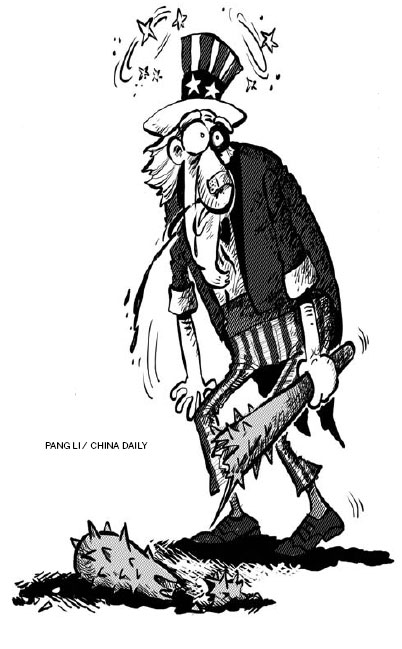Diplomacy is the best policy

In his "Farewell Address" (1796), first US president George Washington advised future American leaders on how to manage foreign affairs. He advocated the development of commercial relations with foreign countries and the curtailment of political bonds. He observed that the US' "detached and distant situation" enables Americans to pursue a different course. He also advocated against "standing on foreign ground" and against "engaging in permanent alliances with any portion of the foreign world".
Furthermore, he said, interactions "are recommended through policy, humanity and interest", and future leaders should approach them with all nations within the framework of "harmony, open-minded intercourse".
Generally speaking, American leaders have failed to heed Washington's counsel. Since the end of World War II, they have intensified political bonds with foreign countries, stood on foreign ground, and engaged in permanent bilateral and multilateral alliances. Also, they have conducted the majority of their interactions with foreign countries not within the framework of humanity and interest. Instead, their main instrument and organizing principle of US foreign policy have been military. Often this approach has been combined with a nation-building policy through economic means, which harms the political cultures and social fabrics of countries situated far from America's shores.









